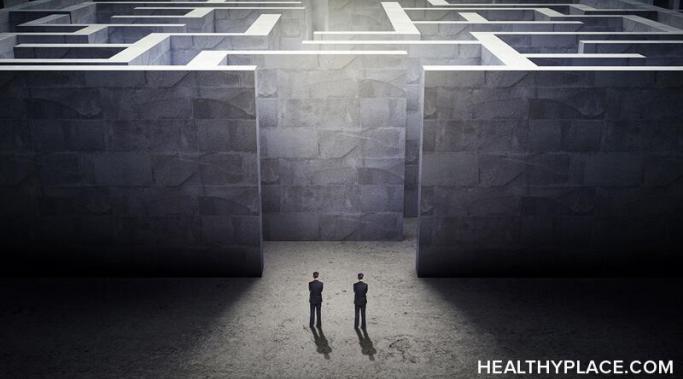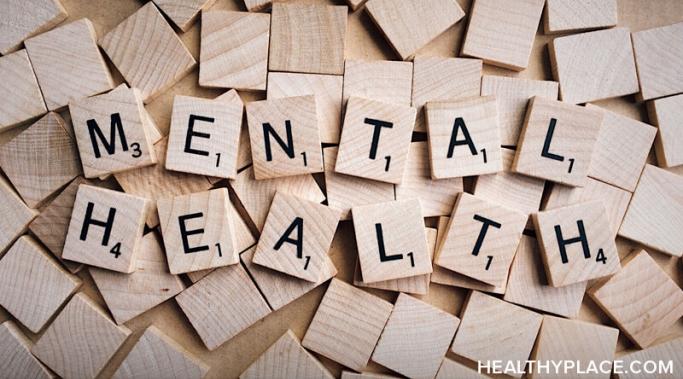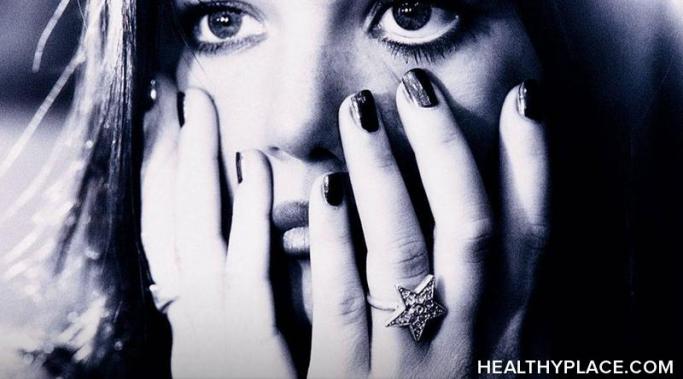Blogs
I recently started thinking about anxiety and laughter at bedtime with my kids. "I love when you laugh." It was a simple statement by my oldest daughter as we giggled while I cuddled her before bed. It hit me to the core. I hadn't laughed with her like that in a long time -- especially not at bedtime, the most stressful time of the day. At that moment, I realized just how much my chronic anxiety had been impacting my sweet girl.
It's 2024, yet the very idea that it is good for men to talk about their feelings is frowned upon. Traditional notions of masculinity discourage emotional expression, with anger being the only "acceptable" emotion for men to express. As a daughter, partner, and friend, I have seen how these toxic social expectations cause men to struggle in silence. As a mental health advocate, I believe that changing this narrative is crucial for supporting men's mental health. Men need to talk about their feelings.
Have you considered there are benefits to anxiety? Anxiety plays a huge role in my life. My anxiety often surfaces as chronic stress and concerns about my professional life and career. While it has held me back in many instances, I can appreciate some of the ways in which anxiety benefits me.
Something I struggle with in my close relationships is splitting in borderline personality disorder (BPD). The closer I get to someone, the harder it hits when I feel disappointed or slighted by them. Whether this slight is real or imagined, I can't seem to keep my passive-aggressive thoughts and comments to myself. The borderline splitting episode takes over, and suddenly, everything is black or white, with no shades of gray in sight.
Binge eating became a coping mechanism during my breakup. Recognizing this destructive pattern and taking steps to manage it was crucial for my wellbeing. Here's how I managed my binge eating during my breakup.
Back in college, I believed that finding my purpose in life would bring me mental peace. After graduating as an information technology engineer, I took some time to figure out that my first love, writing, was my purpose. I thought that I had finally figured out my pathway to peace. Little did I know how wrong I was. Here's what I wish I knew about purpose and peace in my 20s.
I’ve decided that my mental health is more important to me than politics. Here’s why I feel I have to take this stance–and, for many this election year, mental health is more important than politics.
I've been thinking lately about how I stop my panic attacks. Panic attacks can be frightening to deal with when they are happening. As someone who has dealt with panic attacks for as long as I have been dealing with chronic anxiety, I have found that it is important for me to know how to cope when I experience a panic attack and how to stop panic attacks.
Pride Month is an exuberant, meaningful occasion for queer folks and their allies, but in order for all members of this global community to feel embraced as their full selves, we must prioritize body inclusion in Pride Month celebrations. Otherwise, we risk further disenfranchising those who could benefit from these safe and joyful spaces the most. Let's talk about Pride Month and body inclusion.
As someone who has struggled with mental health issues, I know how challenging it can be to maintain self-esteem. The summer solstice, the longest day of the year, provides a powerful metaphor for finding our inner light and strength. Just as the sun reaches its peak, illuminating our world, we too can harness this energy of summer to bolster our self-esteem.









